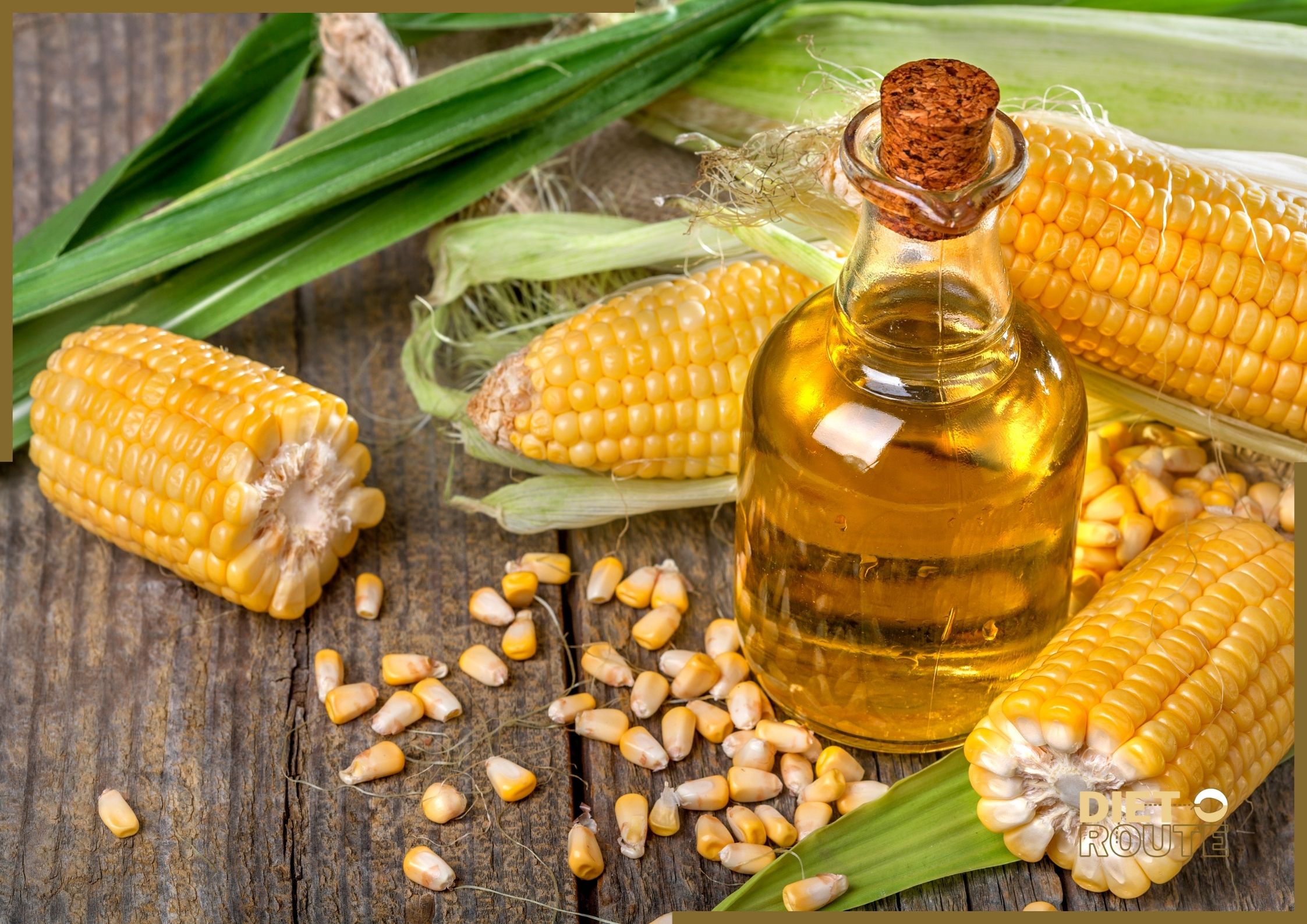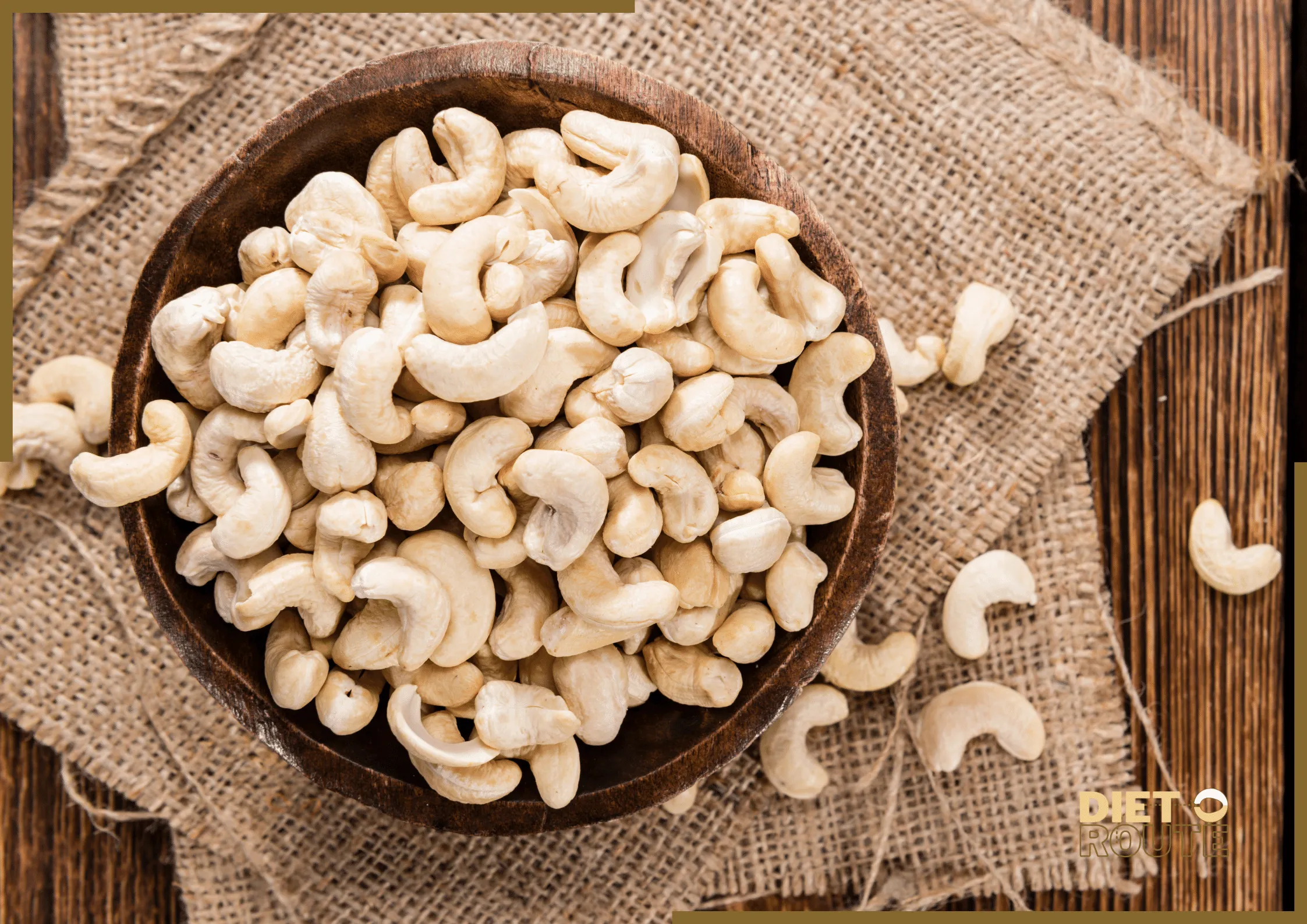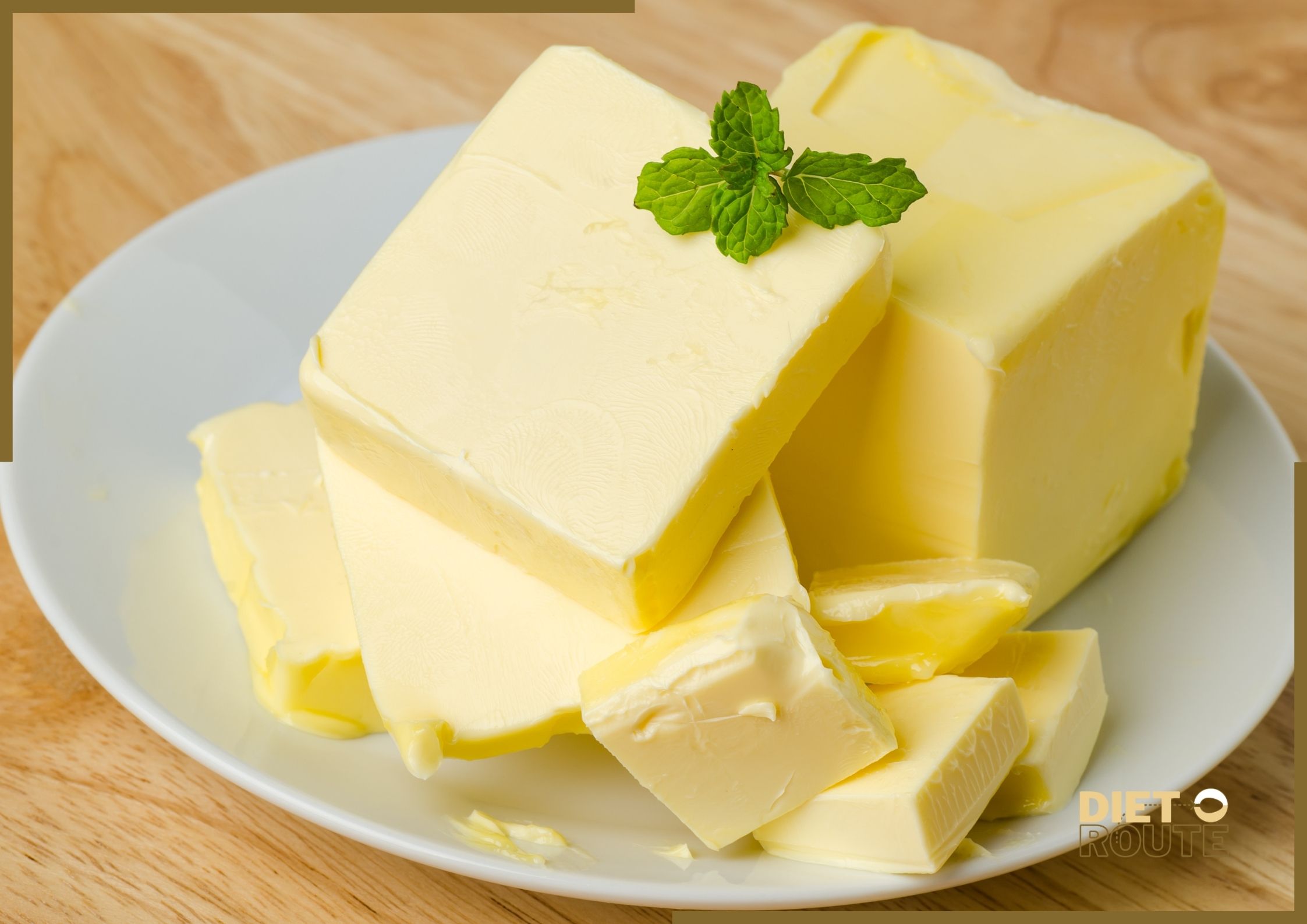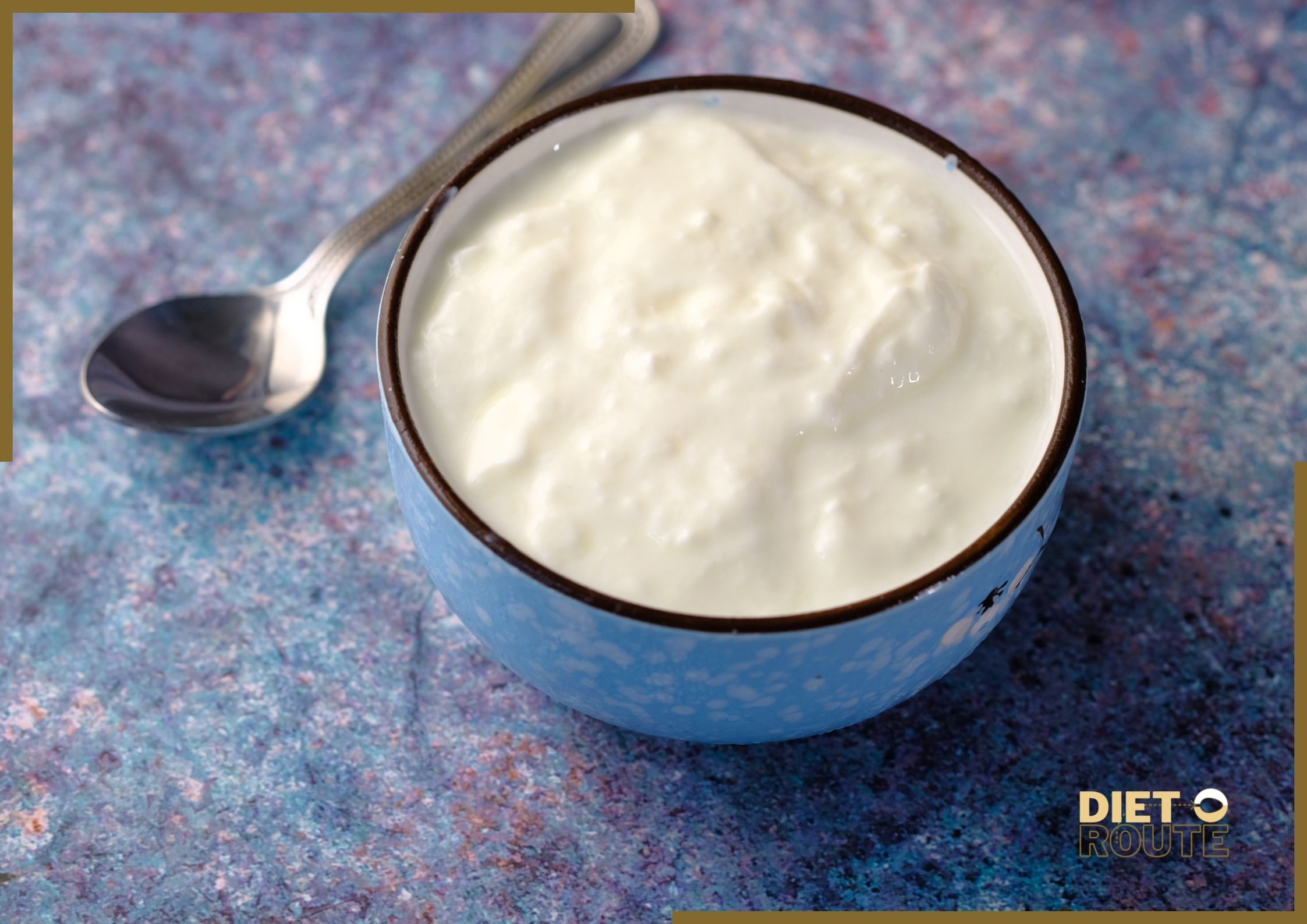Table of Contents
Introduction
Condensed milk is a popular dairy product that is known for its sweet and rich flavor. It can be enjoyed as a sweetener in drinks and is widely used in baking and desserts. In this piece, we’ll discuss the nutritional profile, including its pros and cons. We’ll also provide a table showcasing its nutritional content, answer some common questions, and help you understand the role in your diet.
Nutritional Value Approximately 100g
| Nutrient | Amount Per Serving (2 tablespoons) | % Daily Value |
|---|---|---|
| Calories | 130 | 7% |
| Total Fat | 3.5g | 5% |
| – Saturated Fat | 2.2g | 11% |
| – Trans Fat | 0g | |
| Cholesterol | 15mg | 5% |
| Sodium | 55mg | 2% |
| Total Carbohydrates | 22g | 7% |
| – Dietary Fiber | 0g | 0% |
| – Sugars | 22g | |
| Protein | 2g | 4% |
| Vitamin A | 150IU | 3% |
| Calcium | 85mg | 7% |

Pros
1. Condensed milk is a good source of calcium, which is important for keeping bones and teeth healthy.
It is a versatile ingredient that can be used in many desserts, baked goods, and drinks. It adds sweetness and creaminess to recipes.
2. The high amount of sugar in it works as a natural preservative, which makes it last longer on the shelf.
Cons
1. It is high in calories and sugar, which can cause weight gain and may not be suitable for individuals with diabetes or on a low calorie diet.
2. It does contain some protein, but it is a relatively low amount when compared to other types of protein.
Frequently Asked Questions (FAQ)
1. Can you drink condensed milk right away?
Due to its high sugar content, it is usually added to recipes instead of eaten on its own.
2. Can regular milk be used in recipes to substitute for condensed milk?
Due to its different consistency and significantly higher sugar content, it is not a suitable substitute for regular milk in most recipes.
3. For individuals with lactose intolerance, is condensed milk suitable?
Individuals with lactose intolerance may not be suitable for condensed milk because it includes lactose. It may be tolerated in small amounts by individuals who are lactose intolerant.
4. Can you put condensed milk in coffee or tea?
It can be used as a sweetener in coffee or tea, giving it a rich, creamy flavor.
5. Does condensed milk have any added preservatives?
Most of them doesn’t have any added preservatives because the high sugar content works as a natural preservative.
6. Are condensed milk products suitable for children?
Children can enjoy in moderation as part of a healthy diet. But their general sugar intake is important to think about.
7. Can condensed milk be stored without being refrigerated?
Once the can has been opened, it should be kept in the fridge to keep it fresh. Cans that haven’t been opened can be stored in a cool, dry place.
8. Does condensed milk have tastes or colors that are made in a lab?
Most of them doesn’t have any artificial tastes or colors, but it’s always a good idea to check the label to be sure.
9. Can you freeze condensed milk?
You can freeze it but its texture and consistency may change. Before freezing, it’s best to put it in a container that won’t let air in.
10. Is there a low-sugar or low-fat form of condensed milk?
Some brands offer with low sugar or fat content, which may be suitable for individuals looking for alternatives.
In A Nutshell
A versatile ingredient, condensed milk is widely used in drinks and desserts. It is important to be aware of its calorie and sugar content even though it adds sweetness to recipes and offers calcium. Individuals without dietary restrictions can include in their diet in moderation as part of a well-balanced diet. Remember to take into account your overall sugar intake and talk to a doctor or nurse for personalized help.








